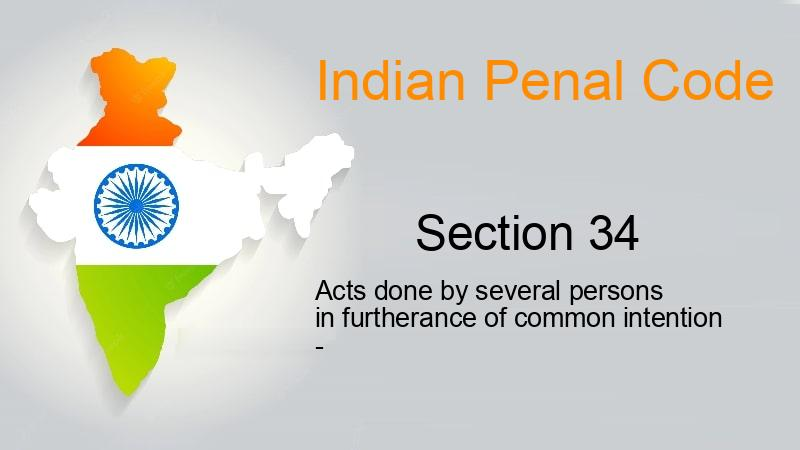Free Courses Sale ends Soon, Get It Now


Free Courses Sale ends Soon, Get It Now



Copyright infringement not intended
Picture Courtesy: lawrato.com
Context: The recent Supreme Court clarification on Section 34 of the Indian Penal Code underscores that common intention requires shared purpose and design among all co-accused, without mandating explicit discussions, allowing for its psychological emergence before or during the crime.
Section 34 of the Indian Penal Code (IPC)
Summary
Must Read Articles:
Indian Penal Code: https://www.iasgyan.in/rstv/160-years-of-indian-penal-code
|
PRACTICE QUESTION Q. How does the criminal justice system in India address issues of efficiency, fairness, and access to justice for all citizens, and what ongoing reforms or challenges exist in ensuring a robust and equitable legal framework? |
© 2024 iasgyan. All right reserved